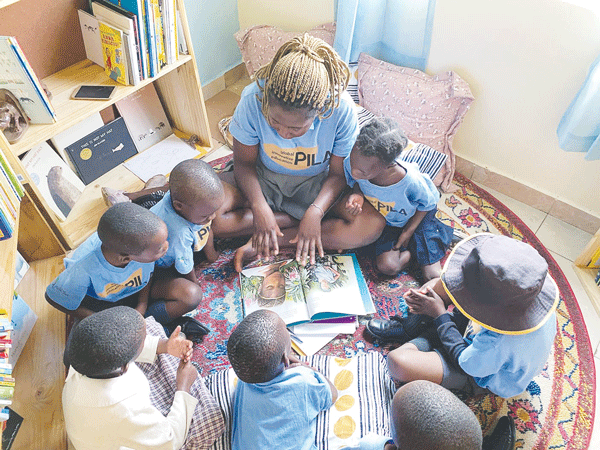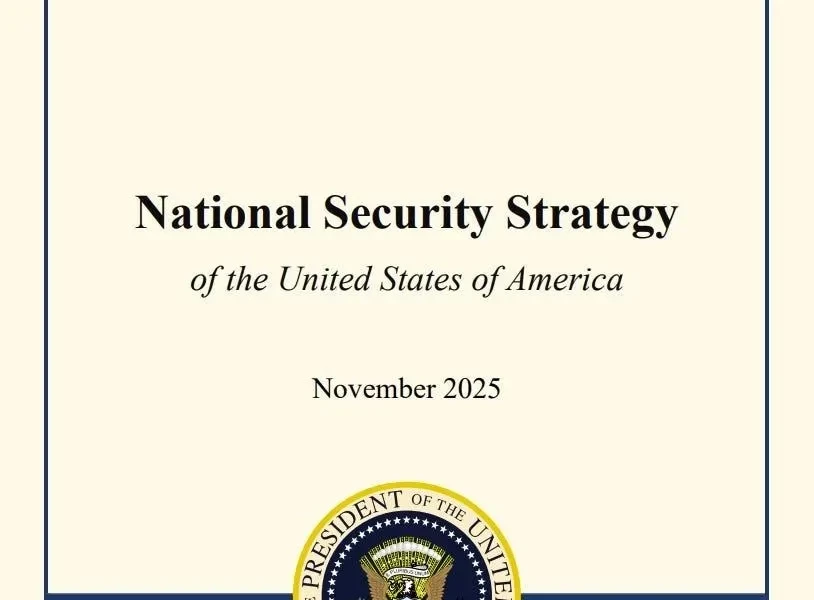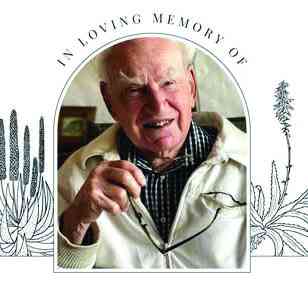
By STYLE CORRESPONDENT
With thousands of Zimbabwean children unable to attend school due to their families’ inability to afford school fees, books, or uniforms, the trajectory for those living in poverty can seem bleak.
Not only are many children missing the critical learning experiences that prepare them for later success in school, the academic gap between children out of school and those in school widens with each year, making school success less likely over time.
On September 16, the I AM Zimbabwe Trust, in collaboration with Los Angeles-based PILAglobal, in the United States, opened its doors to Nest Zimbabwe, the first of its kind, world-class early education programme.
The Nest is so named because a nest denotes the same safety, security, and nurturing that a baby bird can expect from its caregiver, while it grows, thrives, and eventually spreads its wings to fly. The development of young children can be viewed similarly.
The I AM Mbare School for Orphans and Vulnerable Children was established by I AM Zimbabwe Trust founder, Edward Tsango, in 2017 to ensure that all children have access to education.
The school, which currently serves 400 students up to Grade 7, offers free educational instruction, with many of the teaching staff volunteering their time to teach the students.
Now, with this new collaboration with PILAglobal, 60 children aged three to six years can safely play, learn, and grow in a beautiful educational environment that encourages curiosity, inventiveness, and literacy.
- Chamisa under fire over US$120K donation
- Mavhunga puts DeMbare into Chibuku quarterfinals
- Pension funds bet on Cabora Bassa oilfields
- Councils defy govt fire tender directive
Keep Reading
Zimbabwean, Tsitsi Kasambira-Sithole, facilitated the partnership between PILAglobal and I AM Zimbabwe Trust, to bring a Nest to Zimbabwe.
PILAglobal has built Nests in communities around the world, including three Nest classrooms in the Democratic Republic of Congo.
Troubled by the desperate need for expanded educational opportunities in her own homeland, Kasambira-Sithole joined the board of PILAglobal and advocated to bring this programme to the most vulnerable children in Mbare.
“All children need to be intellectually stimulated,” Kasambira-Sithole said.
“This is a critical time for brain development.
“Let’s ensure that the children of Mbare have access to the kinds of educational experiences that lead to critical thinking, collaboration, and purposeful engagement.
“Democracy depends on good thinkers!”
Each of the four early childhood development rooms has a theme and is outfitted to provide multiple opportunities for children to learn and explore.
A beautiful art and science studio encourages creative expression and curiosity.
Adjacent to the studio is the library, housing over 75 diverse and colourful books. It presents many opportunities for the children to read, write, and work with numbers.
Down the hallway, one finds a Pretend House, where children can play, develop negotiating skills, and learn more about themselves and each other.
Finally, the last room is an innovative construction room, replete with a magnetic wall where children experiment with forces of nature — gravity, speed, motion, and balance.
Under the guidance of four local teachers, Winnie Kabanga, Margaret Yalad, Caroline Mabika, and Anna Chakarisa Mugwenhi, the children learn to create, think, and share their theories — all critical elements in the preparation for the next steps in their lives, whatever those may be.
PILAglobal believes that all children benefit from this kind of purposeful engagement, no matter their race, creed, or circumstance.
To this end, their nine global Nests offer children a chance to excel, find their voice, and feel confident in themselves as learners.
As with all projects, funding is a top priority of the PILAglobal/I AM Zimbabwe Trust partnership.
“It’s hard to learn when you are hungry,” Kasambira-Sithole said.
“Funding is needed to feed the children two nutritious snacks daily.”
Kasambira-Sithole is a Harvard-educated, US-based early childhood instructional specialist. As a member of the I AM Zimbabwe Trust leadership team, she provides coaching and professional development to the teachers at the Nest. She has also served as the director of Global Operations for PILAglobal and was recently appointed board chairperson.










